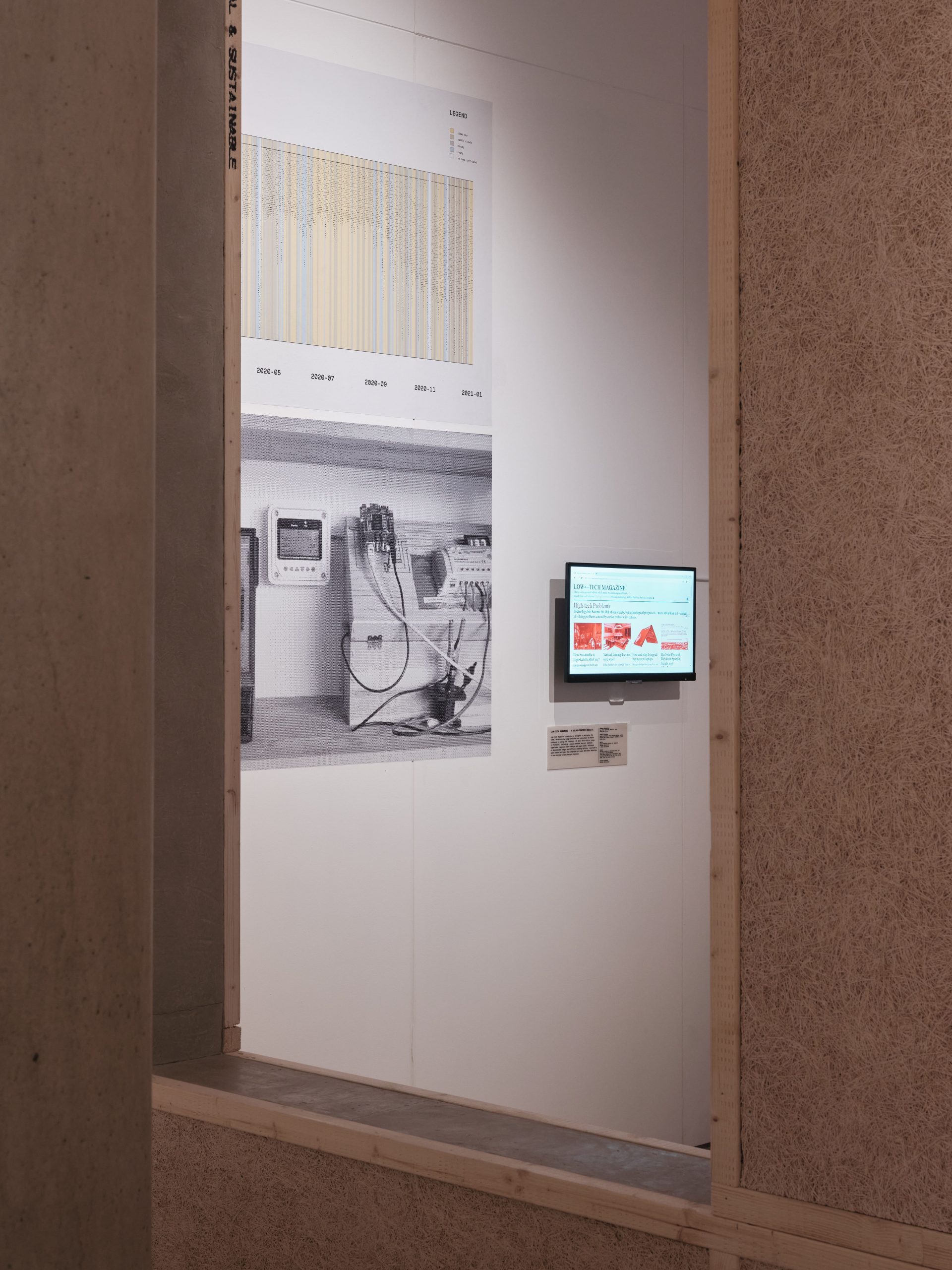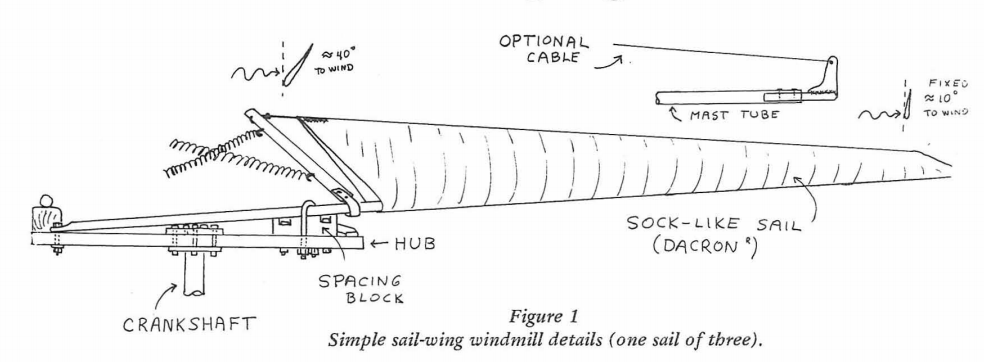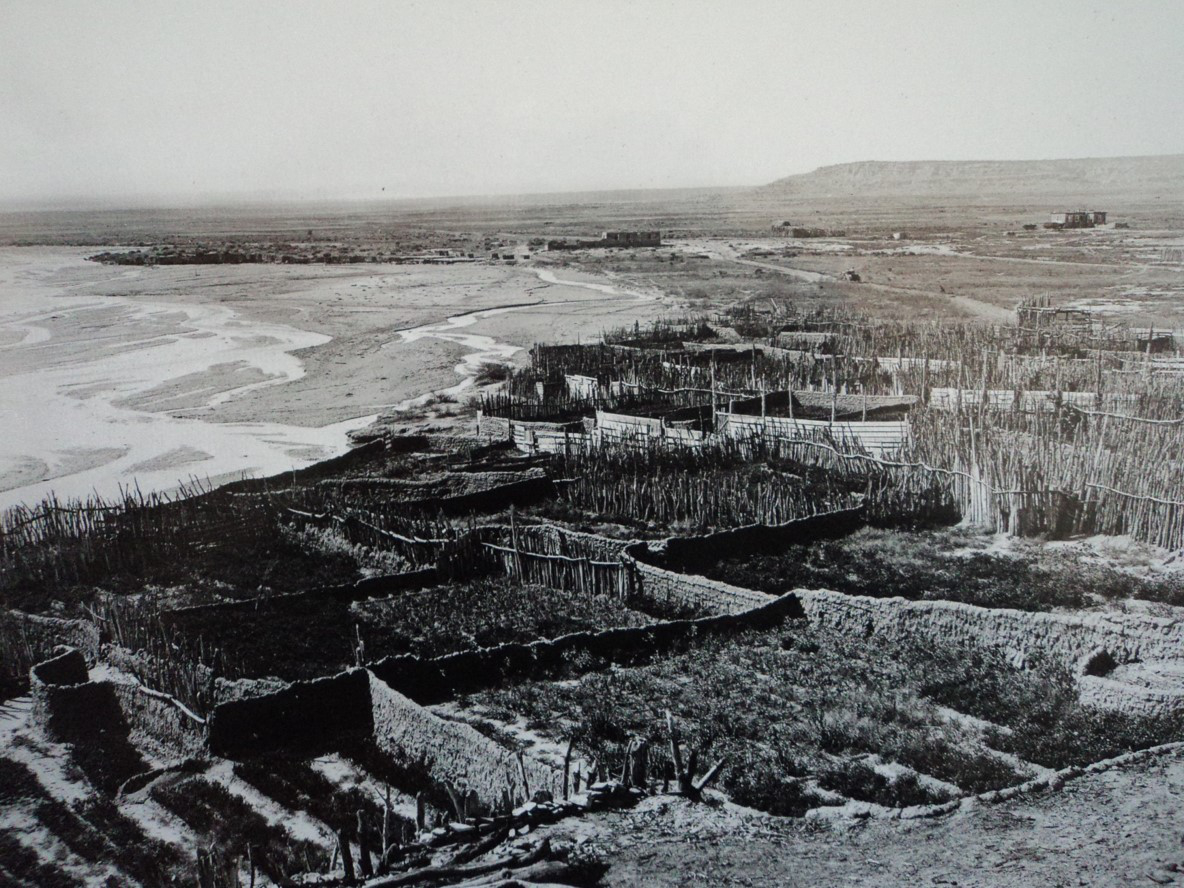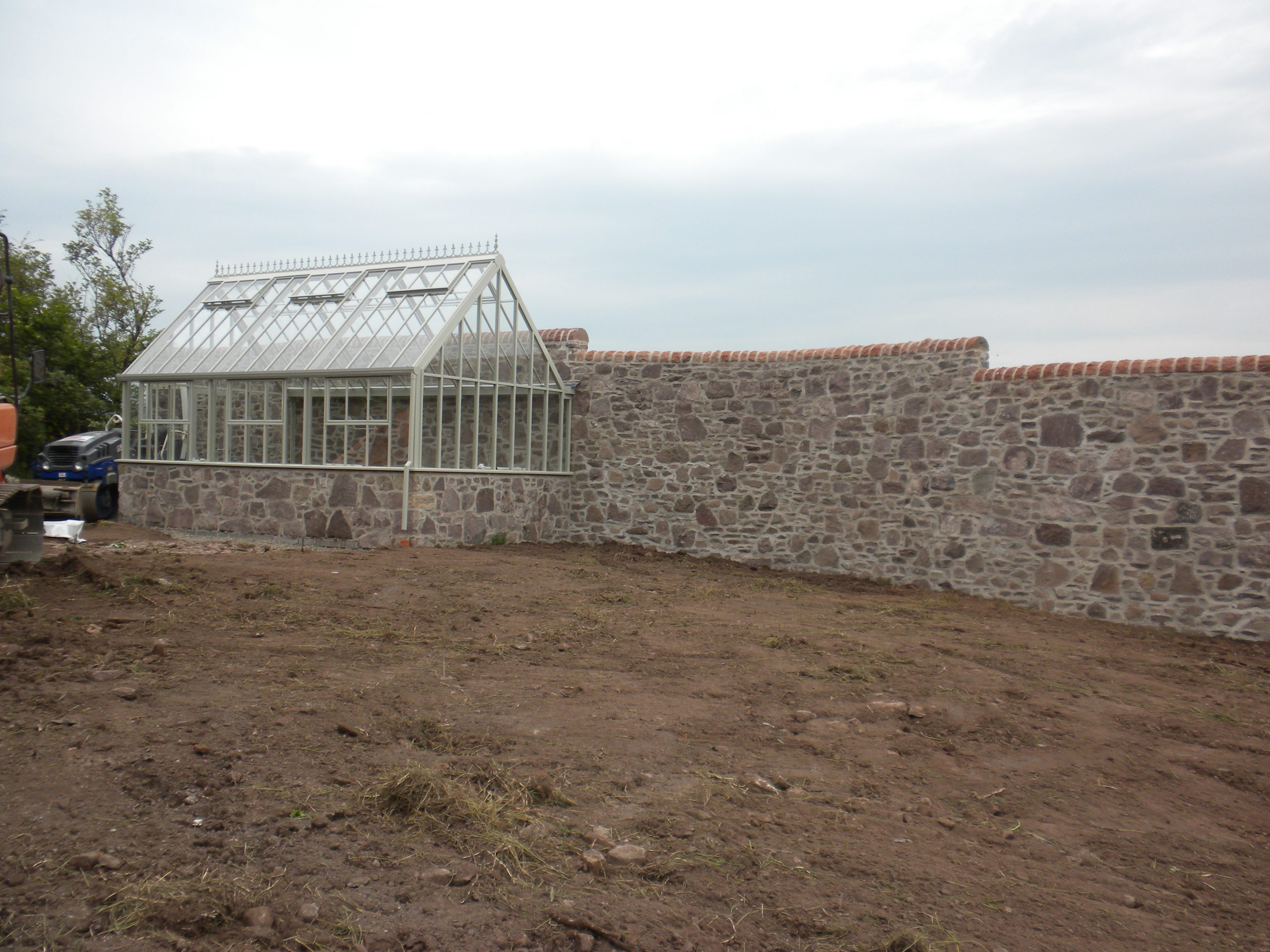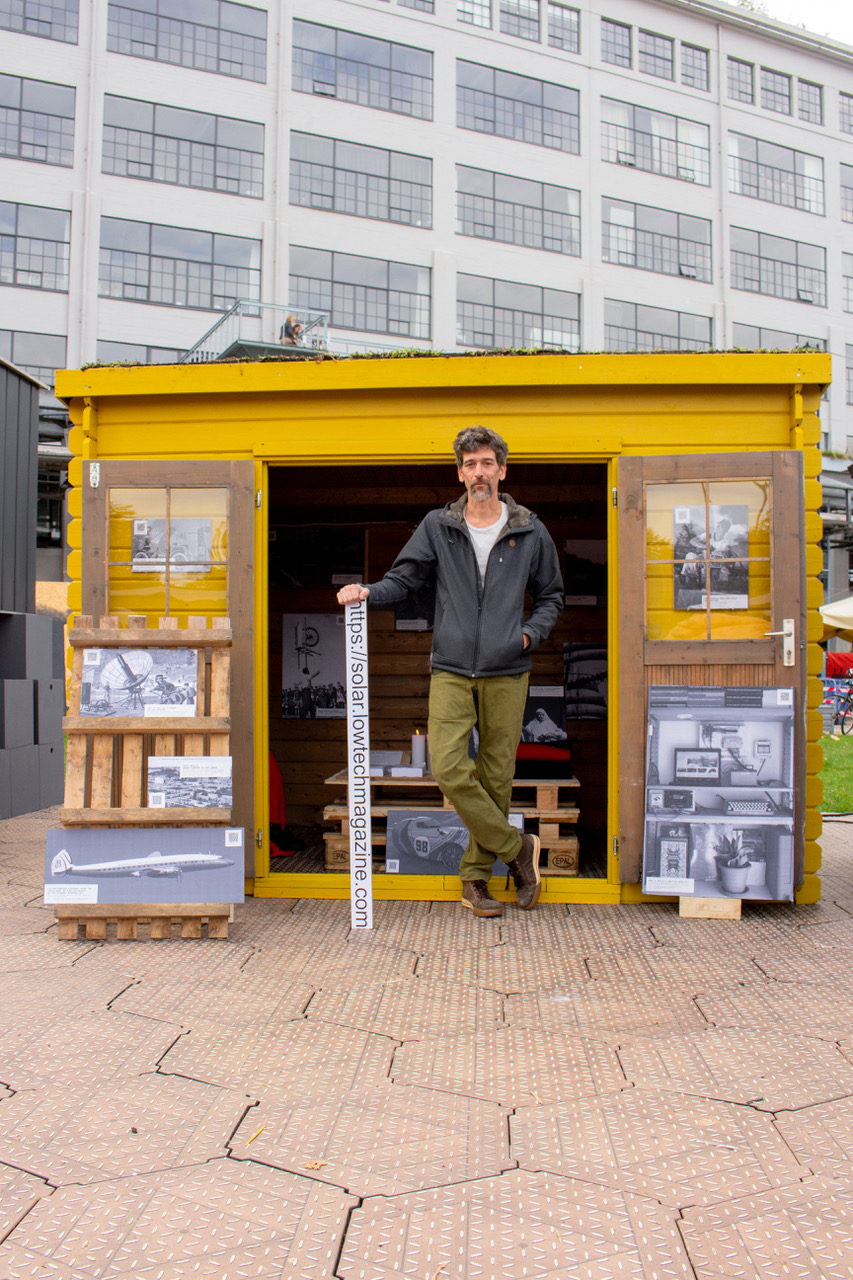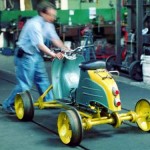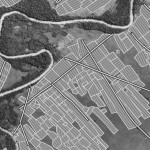The solar powered website in the Design Museum in London. It forms part of the exhibition “Waste age: what can design do?“, which runs until 20 February 2022.
New Alchemy Institute
From 1971 to 1991, the New Alchemy Institute published its research and activities in a variety scientific journals, including its own journals and quarterlies — these are now online.
No Tech Reader #30
- Lab-grown meat is supposed to be inevitable. The science tells a different story. [The Counter] “It’s a fable driven by hope, not science, and when the investors finally realize this the market will collapse.”
- A world without Sci-Hub. [Palladium] “The cost of individually purchasing all the articles required to complete a typical literature review could easily amount to thousands of dollars.”
- Manufacturing Consensus. [The New Atlantis] “We hear constantly today, and rightly enough, that trust in scientific expertise is under assault. Too often during Covid, the assailants have been the experts themselves.”
Waffle Gardens
Historic Zuni waffle gardens, circa 1919. (Photo courtesy of Kirk Bemis)
For the past 64 years, Jim Enote has planted a waffle garden, sunken garden beds enclosed by clay-heavy walls that he learned to build from his grandmother. This year, he planted onions and chiles, which he waters from a nearby stream. It’s an Indigenous farming tradition suited for the semi-arid, high-altitude desert of the Zuni Pueblo in New Mexico, where waffle gardens have long flourished and Enote has farmed since childhood.
“They are the inverse of raised beds, and for an area where it is more arid, they’re actually very efficient at conserving water,” said Enote, who leads the Colorado Plateau Foundation to protect Indigenous land, traditions, and water. Each interior cell of the waffle covers about a square foot of land, just below ground-level, and the raised, mounded earthen walls are designed to help keep moisture in the soil.
Read more: The Resurgence of Waffle Gardens Is Helping Indigenous Farmers Grow Food with Less Water, Greta Moran, Civil Eats, October 2021.
Serpentine Fruit Wall in Scotland
Dear Kris,
I thought that you might be interested in the two photos that I attach and which were inspired by your 2015 article on Fruit walls.
Off-line Portal to Solar Powered Website
Here’s our off-line portal to the solar powered website at the Dutch Design Week in Eindhoven. Designed and built in collaboration with Marie Verdeil. We formed part of Arne Hendriks’ Hara Hachi Bu village, which celebrates the Japanese principle that enough is enough. “Eat until you are 80% full”.
